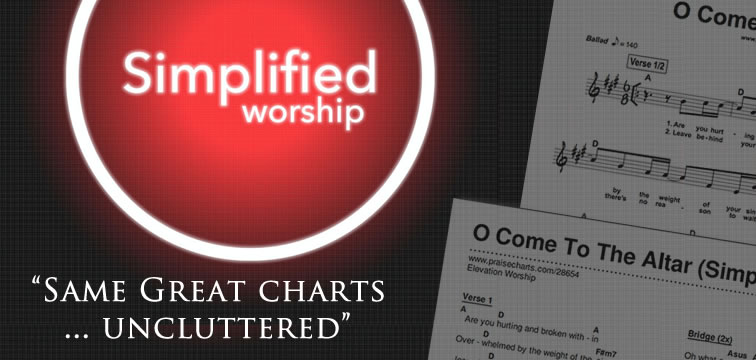Sing God's Word
Featuring Bob Kauflin Posted on June 9, 2010
Songs are de facto theology. They teach us who God is, what he's like, and how to relate to him. “We are what we sing,” one man said. That's why we want to sing God's Word.
One way of doing this is to use Scripture songs that quote specific passages of the Bible. A few years ago, as my church was going through thebooks of Philippians and Galatians, a group of us wrote and recorded songstaken from different verses. That enabled the congregation to sing many of theverses that were being preached.
Singing God's Word can include more than reciting specific verses insong. If the Word of Christ is going to “dwell in (us) richly” (Colossians 3:16),we need songs that explain, clarify, and expound on what God's Word says.We need songs that have substantive, theologically rich, biblically faithful lyrics. A consistent diet of shallow, subjective worship songs tends to produceshallow, subjective Christians.
That doesn't mean every song requires a seminary degree to understand,or that it needs seven verses. Simple songs can be just as biblical and helpfulas complex ones, especially when they avoid overused or trite phrases. My friend Drew Jones says an amazing amount in these twenty-four words hecalls “The Gospel Song”:
Holy God in love became
Perfect man to bear my blame.
On the cross he took my sin;
By his death I live again.
Too often we can be tempted to choose songs because of the musicrather than the theological content. We need to realize that when words are combined with music we can be deceived. Music can make shallow lyrics sound deep. A great rhythm section can make drivel sound profound andmake you want to sing it again.
That's why I typically read the lyrics before listening to a CD or playing asong from a songbook. If the words on the page are theologically shallow orvague, music won't add anything. It will only give the illusion that the words are actually substantive.
It's not that music is irrelevant. If great words are being sung to terriblemusic, no one will remember them or want to sing them. But according to the Lord's command, what should be dwelling in us richly is the Word of Christ, not musical experiences.
The words we sing should also be clear, not obscure or subject to personal interpretation. The Spirit of God wants to illumine our minds when wesing. We don't want to hinder that process through our songs. In congregational worship, poeticism and creative imagery have their limits. If you don't understand each line of a song you're singing, people in your church probably won't either.
British author Nick Page has written a short, insightful book called And Now Let's Move into a Time of Nonsense: Why Worship Songs Are Failing the Church. He writes:
Worship songs are not solely vehicles for personal expression, they're invitations to corporate worship. If you want to write stuff that only you can understand then keep a diary, otherwise you have to cut the rest of us some slack; you have to help us understand.
I should mention here that a skillful leader can fill in what a song mightleave out. No song, traditional or modern, says everything we want it to. But just because a song is incomplete doesn't mean I can't use it. I can add spontaneous comments in between lines, say something in advance, or place other songs around it to supply the missing elements.
The bottom line is: Sing God's Word. Lyrics matter more than music. Truth transcends tunes.
Tags: Worship, Worship Matters, Worship Life
Related Posts
- Top 25 Songs of JOY for the Fourth Week of Advent
- Top 25 Songs of LOVE for the Third Week of Advent
- Top 25 Songs Of PEACE for the Second Week Of Advent
- Top 40 Christmas Worship Choir Anthems Of All Time
- Top 100 Christmas Worship Songs Of All Time
- Introducing Hymn Sheets - Modern Worship Songs In Four-Part Harmony
- Top Worship Songs Released In & Before 2020
- Join Keith & Kristin Getty Online at their Easter Family Hymn Sing
Other Posts Featuring Bob Kauflin
- Why Confession Is Good for Your Soul and Your Church with Bob Kauflin
- Planning Sunday's Songs-Plan Contextually
- Focus on Projecting Lyrics
- Music Should Display Variety
- Hearing Familiar Words in a Fresh Way
- Planning Sunday's Songs-Plan Selectively
- Planning Sunday's Songs
- Selecting Sunday's Songs-Plan Creatively
